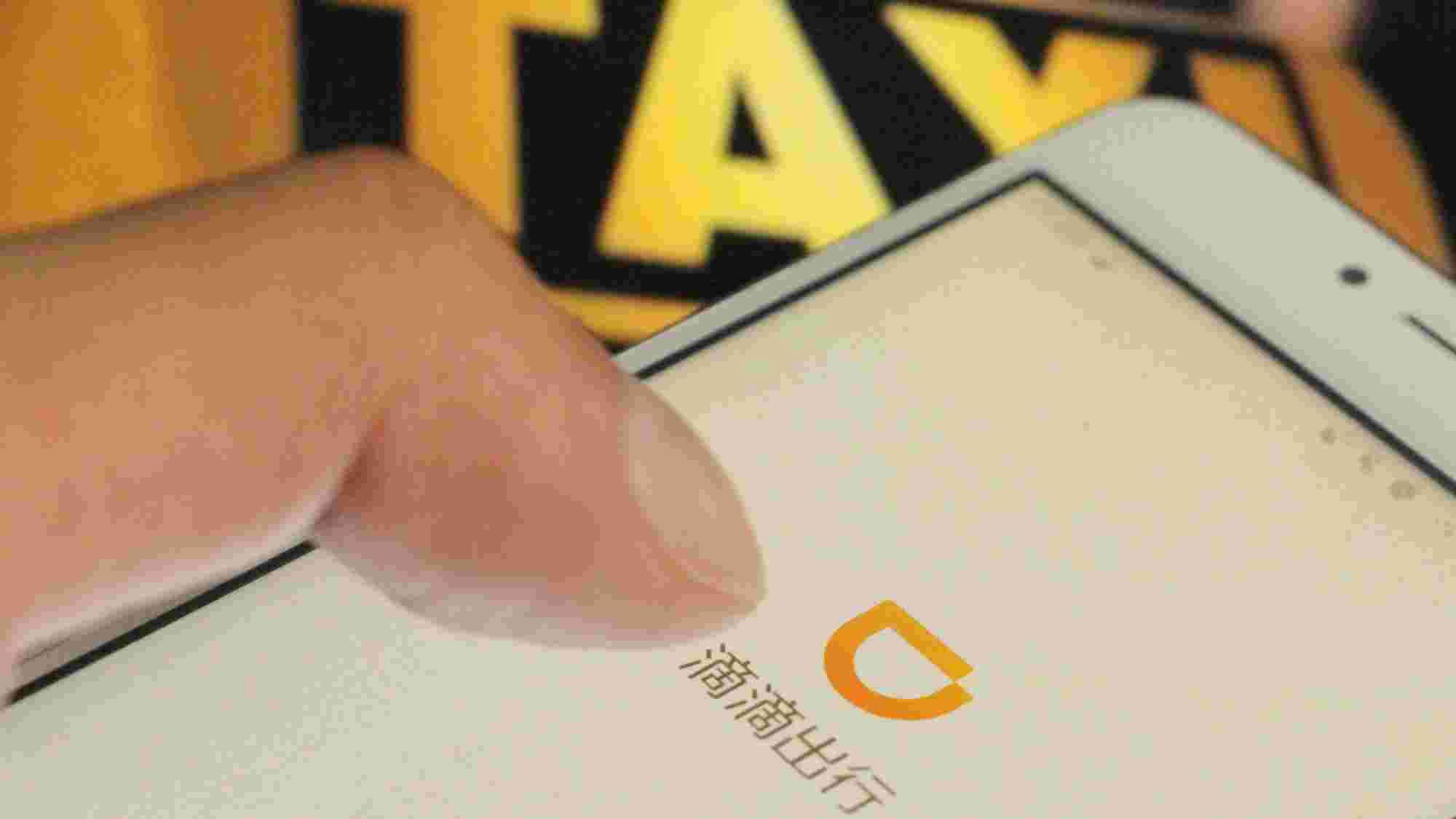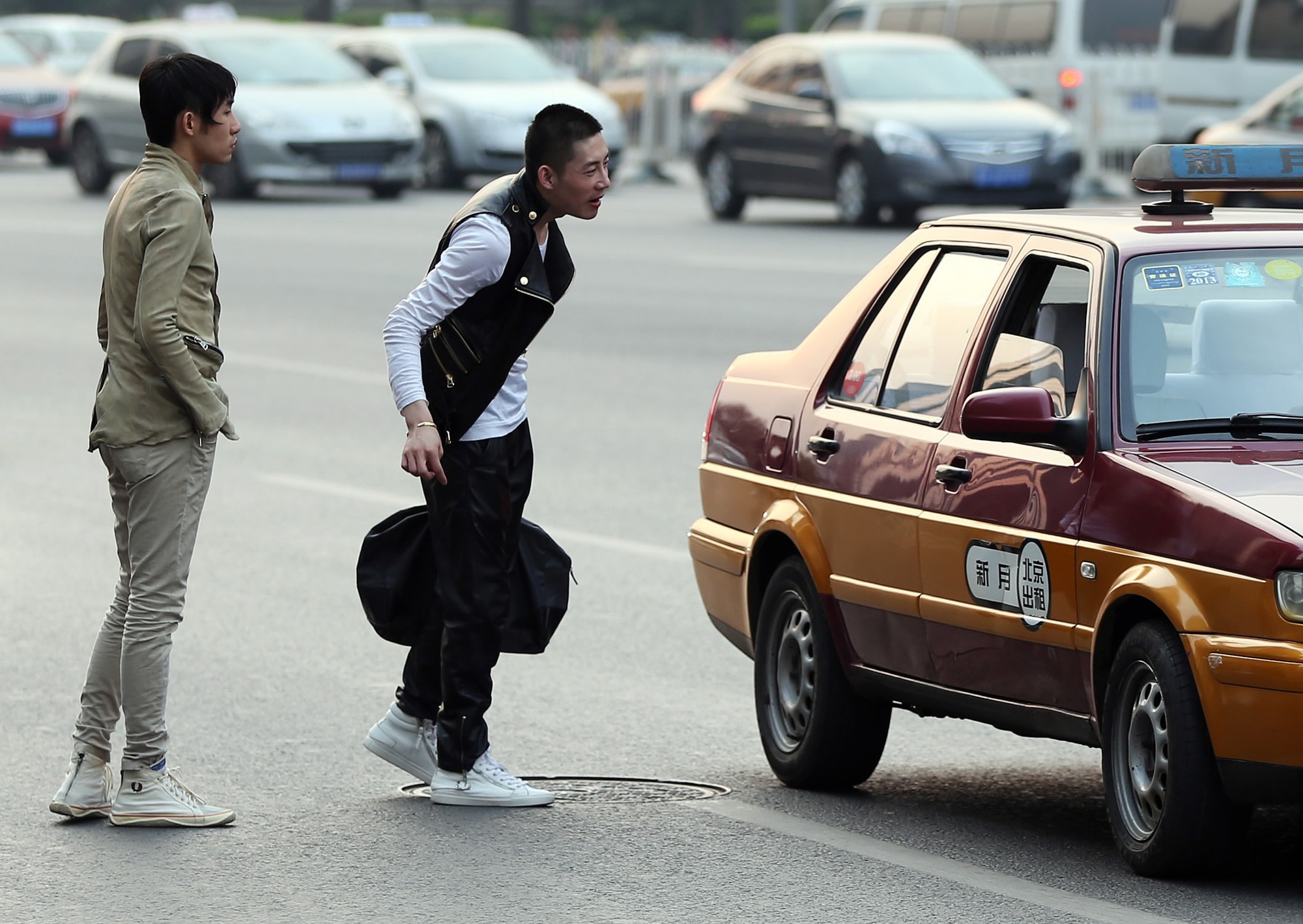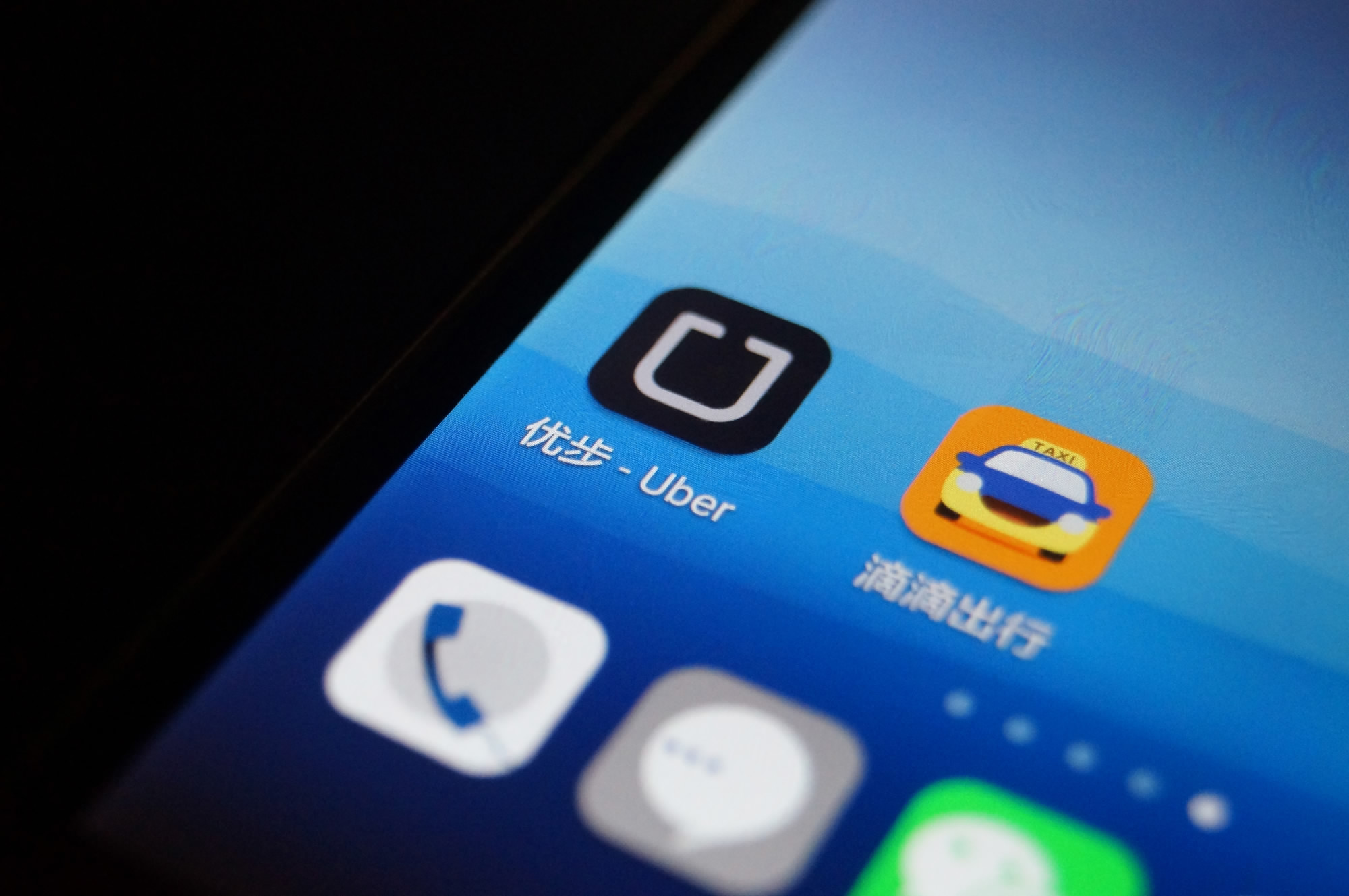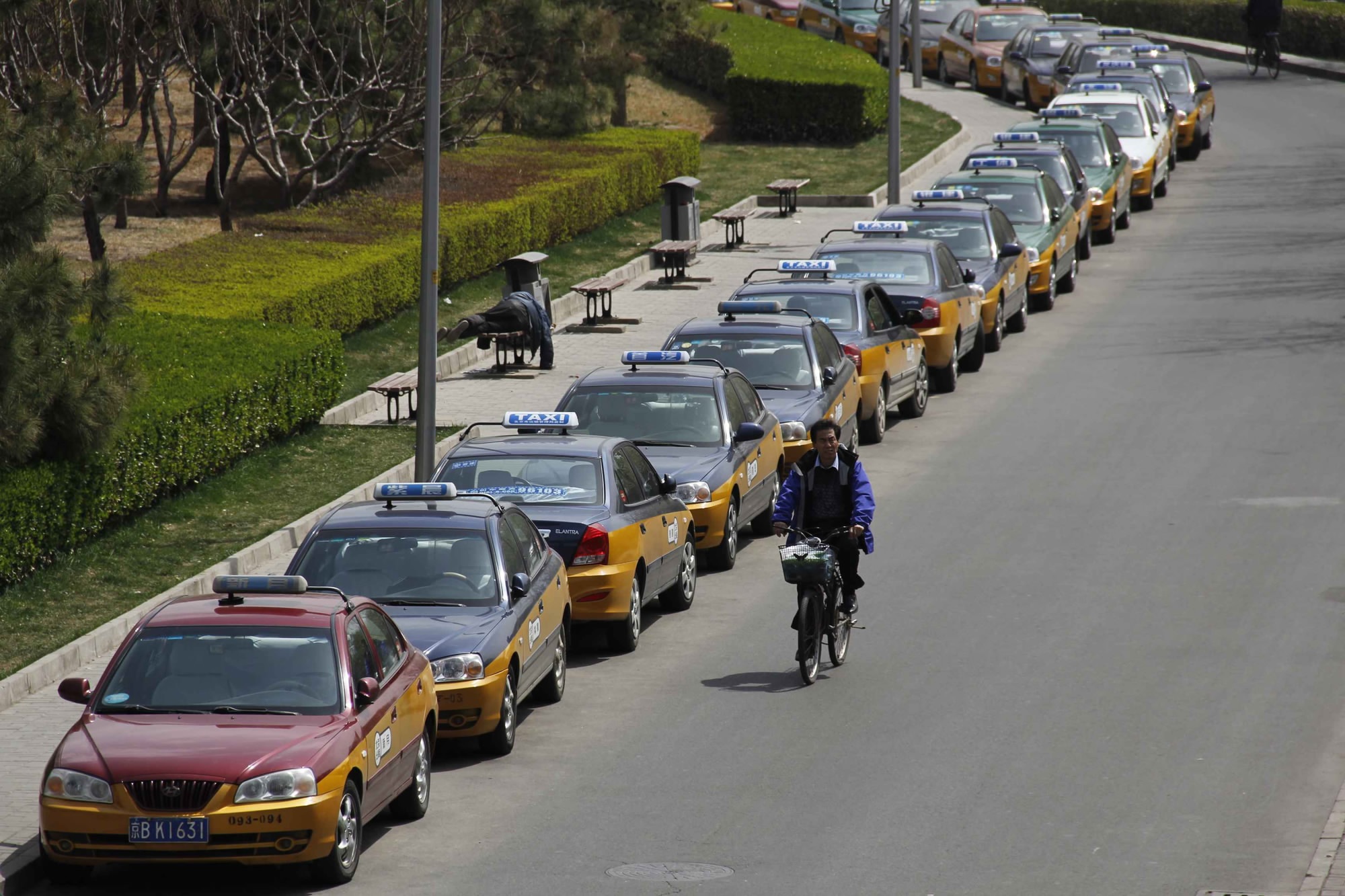
China
15:57, 25-Jan-2017
China’s cab-hailing app ordered to remove price hike feature
Updated
10:37, 28-Jun-2018

Winter in northern China can be excruciating and waiting for a cab during sub-zero temperatures can be even more painful. And ahead of the Spring Festival, when many make their way to their hometowns, people are complaining that hailing a cab has become more or less a herculean task.
In Beijing, one passenger said that he had to wait for 70 minutes despite trying the cab-hailing app or trying to stop one on the street, according to the Beijing Youth Daily.
Another commuter in Beijing said that drivers are willing to accept the request on the mobile app only once you agree on paying an extra fare, which is agreed before the driver confirms the request.

CFP Photo
CFP Photo
“The ride only cost 13 yuan. It is unreasonable that I tip more than the regular price,” the passenger complained.
As cab-hailing app Didi, which acquired the popular app Uber, is becoming increasingly popular, people in cities like Beijing, Shanghai, Wuhan and Hangzhou say the service is not at par with providing quality service.
A passenger in Shanghai said he tipped as much as 100 yuan (roughly 15 US dollars) to secure a ride, according to Shanghai Daily.
And amid rising criticisms, Didi announced Monday that the company plans to remove the additional fare function nationwide, but it would allow the passengers to tip voluntary.
A day later, Shanghai transportation authorities ordered Didi to thoroughly remove such function on its app, which is expected to come into effect within two weeks.

CFP Photo
CFP Photo
While the apps are designed to facilitate people’s commute, a rising number of problems have only made matters worse, especially during the holiday season, as there are fewer drivers working ahead and during the festivities.
But the passengers are not entirely convinced: they’re questioning about the trend that tends to be repetitive every year.
Some are pointing the shortage of cars and drivers to the new regulations. Beijing and Shanghai now only allow local drivers and locally registered cars on Didi, which automatically disqualifies a large number of taxi drivers.

CFP Photo
CFP Photo
Meanwhile, unsustainable competition of fierce subsidy wars, before the first half year of 2016, between major companies to win market share has phased out, making drivers even more selective to take order, as Didi has a monopoly over the market now.
And especially during the holidays when they choose to work.
“We pay attention to all orders,” a cab driver in Beijing told Beijing Youth Daily. “But generally, when passengers don’t pay the extra fare during the first two tries, we wait until they tip more. Everyone wants to take a holiday during the Spring Festival, if there are no tips on apps, who would sacrifice the time with families to work?”

SITEMAP
Copyright © 2018 CGTN. Beijing ICP prepared NO.16065310-3
Copyright © 2018 CGTN. Beijing ICP prepared NO.16065310-3